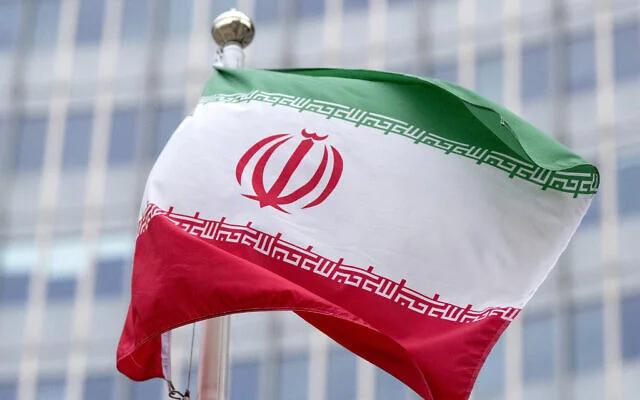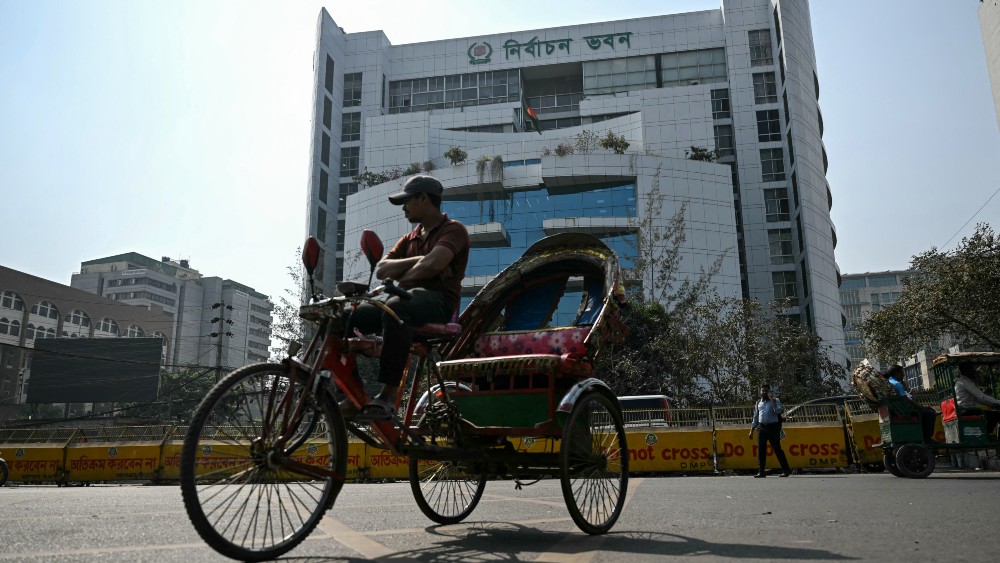ISLAMABAD: Pakistan on Friday voiced strong concerns over continued border violations from Afghanistan and dismissed allegations made by the Taliban government, underscoring Islamabad’s right to self-defense amid escalating tensions along the shared frontier.
Speaking at the weekly media briefing, Foreign Office spokesperson Shafqat Ali Khan said Pakistan was “deeply concerned” about what he described as “unwarranted aggression” by militant groups affiliated with “Fitna al-Khawarij,” Islamabad’s term for the Tehreek-e-Taliban Pakistan (TTP), and “Fitna al-Hindustan,” referring to what Pakistan says are Indian-sponsored proxies operating in southwestern Balochistan.
“Pakistan exercised its legitimate right to self-defense after repeated cross-border attacks,” Khan said. “Our retaliatory actions were carefully targeted and not directed against Afghan civilians.”
Rebuttal to Taliban and Indian remarks
Khan rejected recent comments by Afghan interim Foreign Minister Amir Khan Muttaqi, who during a visit to India termed terrorism “an internal issue of Pakistan.”
“Islamabad completely rejects such assertions,” the spokesperson said, adding that the Taliban administration was attempting to “divert attention from the presence of terrorist elements inside Afghanistan.”
Khan pointed to multiple United Nations Monitoring Team reports documenting the continued presence of TTP and other militant groups within Afghan territory.
He also condemned the Afghanistan–India joint statement, which described Indian-administered Kashmir as part of India, calling it “a blatant denial of the Kashmiri people’s right to self-determination” and a violation of UN Security Council resolutions.
“Pakistan has conveyed its objections to the Afghan envoy in Islamabad,” Khan said. “We remain sensitive to the sacrifices and sentiments of the people of Indian Illegally Occupied Jammu and Kashmir in their struggle for self-determination.”
Ceasefire and diplomatic engagement
Confirming a temporary truce, Khan said both countries had agreed to a 48-hour ceasefire at Kabul’s request to de-escalate hostilities and pursue dialogue.
“During this time, both sides are making sincere efforts to find a constructive and sustainable resolution to these complex but solvable issues,” he said. “Pakistan believes in dialogue and remains committed to peace.”
Afghanistan’s interim spokesperson Zabihullah Mujahid told Ariana News that the ceasefire “has been extended until the conclusion of planned talks,” according to Reuters.
Khan stressed that Islamabad continues to maintain diplomatic channels with Kabul, adding:
“There is no downgrade in relations. But Pakistan will continue to safeguard its sovereignty, security, and people at all costs.”
Refugees and governance in Afghanistan
The spokesperson reiterated that Pakistan hosts more than four million Afghan nationals and will regulate their presence “in accordance with international norms and domestic laws.”
He urged the Taliban to act “responsibly” and work toward “a peaceful, stable, friendly, and inclusive Afghanistan.”
“We hope one day the Afghan people will be emancipated and governed by a genuine representative government,” Khan said.
militant presence and regional Security
Khan accused India of “training, financing, and sheltering” militant outfits such as the TTP and Balochistan Liberation Army (BLA), adding that “India’s negative role in Afghanistan is well-documented.”
He also condemned reports of mutilation of Pakistani soldiers’ bodies, calling the act “unforgivable and deeply offensive.”
“This kind of savagery cannot be condoned,” Khan warned. “Pakistan reserves the right to respond at a time and place of its choosing.”
Broader foreign policy and human rights
Khan reaffirmed that Pakistan–China relations remain the “cornerstone” of Islamabad’s diplomacy, with both countries working to advance an upgraded phase of the China–Pakistan Economic Corridor (CPEC).
He further highlighted Pakistan’s re-election to the UN Human Rights Council, describing it as “a reaffirmation of the international community’s confidence in Pakistan’s commitment to human rights and multilateralism.”



.jpg)

.jpg)
